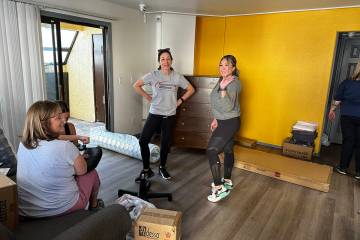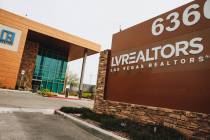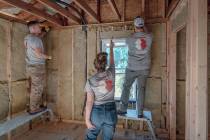Loan origination fees explained
If you’re a new homebuyer, the different types of mortgages, costs and fees involved in the home loan process can be confusing. Besides coming up with money for your down payment, you’ll have to pay mortgage closing costs, which could total 2 to 7 percent of your home’s purchase price.
Knowing what is a loan origination fee — and how much it could cost you — will help you better budget and negotiate when buying a home. Learn everything you need to know about this fee, including how to avoid paying loan origination fees.
What is a loan origination fee?
A home loan origination fee is a fee your lender charges for underwriting your mortgage. It includes verifying your identity, checking your credit and preparing all of your paperwork. When you apply for a mortgage you will use a loan originator — the person who works directly with you, like a bank officer — and a loan processor, the behind-the-scenes person who takes care of all the related paperwork.
How much a loan origination fee costs
The average loan origination fee is 1 percent of your mortgage. That means a $150,000 mortgage will cost about $1,500 in loan origination fees, and a $500,000 mortgage will run you in the neighborhood of a $5,000 loan origination fee. Your mortgage might also have an underwriting fee, which some lenders charge for researching whether to approve you for the loan.
You can negotiate your loan origination fee with your lender, particularly if you have excellent credit and a stable income. In addition, consider asking the seller to pay for all or a portion of your closing costs. If you are the only offer on the table for the home, he might go for it.
Origination fees appear on your loan estimate form
As of Oct. 3, 2015, mortgage lenders are required to provide you with a loan estimate within three days of receiving your application for a loan. The loan estimate must include information on your closing costs, including the loan origination fee amount, the interest rate, your monthly payment and any prepayment penalties.
Typically, your bank can’t change the fees it quotes you on your loan estimate unless your circumstances change, so the estimate is a strong indicator of what you will actually pay. For example, if you change the length or type of your mortgage, reduce the amount you will pay as a down payment or the home did not appraise for a high enough value, your loan estimate could be revised.
Use an origination fee as a tax deduction
Depending on the terms of the mortgage, you might be able to deduct your loan origination fee on your taxes, but you typically have to deduct the origination fees over the life of your mortgage. For example, if you paid $1,500 and have a 30-year mortgage, you could deduct $50 each year on your taxes.
If you meet certain criteria, however, you can deduct the entire cost in the first year. Here’s the criteria:
■ You must secure a mortgage for a home that will serve as your main residence.
■ The fee must be within established guidelines and not excessive.
■ You did not pay the fee in place of amounts that typically show up separately on the settlement statement, such as property taxes and appraisal, inspection, title and attorney fees.
■ You or the seller must pay the fee — you cannot roll it into your mortgage.
■ The fee must be calculated as a percentage of your loan amount.
■ Your settlement statement has to clearly show the fee.
Look for the lowest loan origination fee
Your loan origination fee, like other closing costs, are due at the time of your closing. Depending on your bank, however, you might have the option of rolling the cost into your mortgage. You won’t have to come up with as much cash at closing if you go this route but you will be paying interest on the extra amount you have to borrow to cover the fee.
Keep in mind that different lenders charge different loan origination fees. Shop around and pay attention to all the closing costs — and the interest rate — so you make the best decision on where to apply for your mortgage.




























